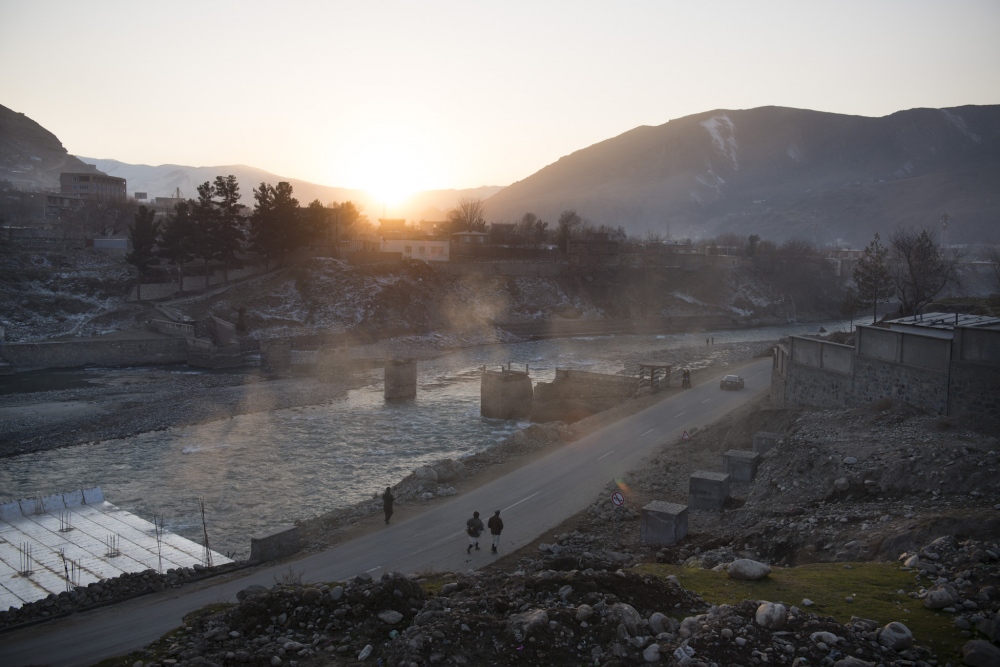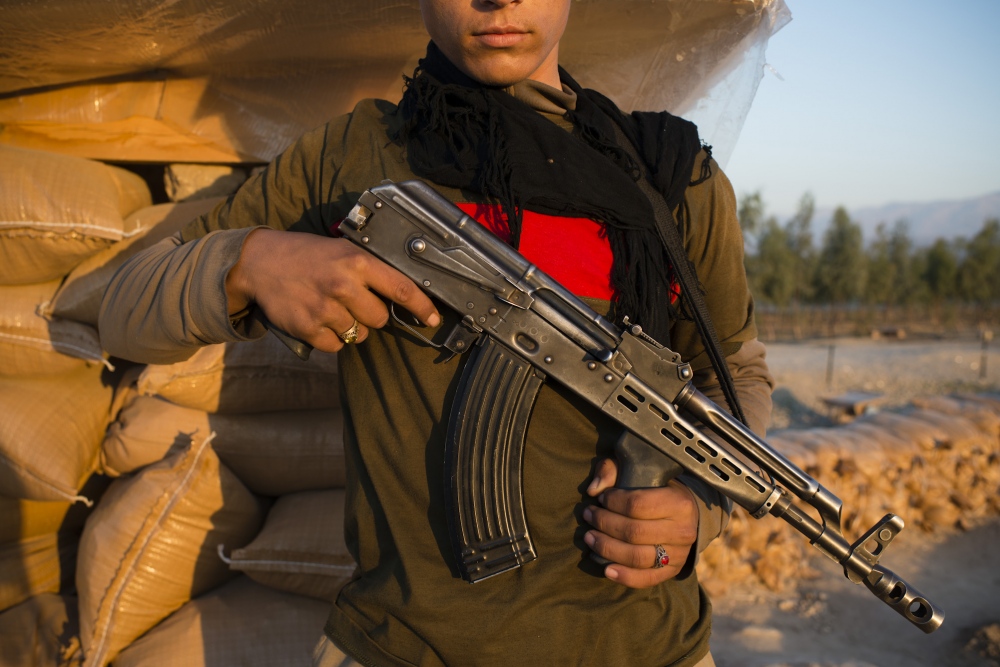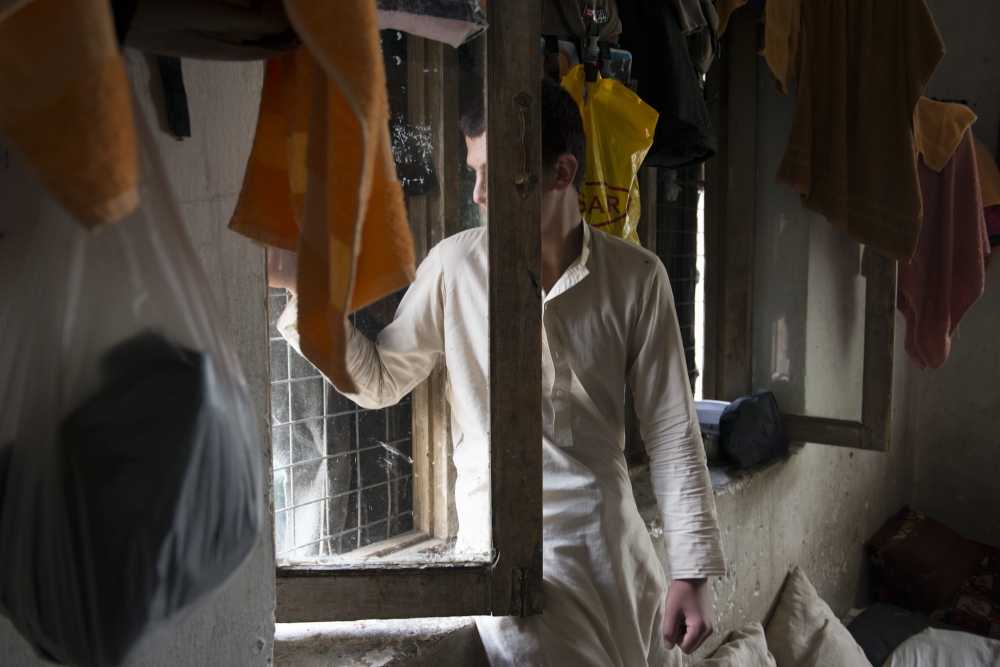Widespread use of children in armed conflict is one of the most awful trends in wars today. According to International Rescue Committee (IRC), an estimated 300,000 boys and girls are currently trained for combat or used as porters, spies or sex slaves around the world. They are compelled to become instruments of war, to kill or be killed, with devastating effects on their physical, emotional and social development. In Afghanistan, a country destabilized by 40 years of conflict, children continue to be recruited and used by both armed forces and armed groups. On a brief assignment for Child Soldier International (CSI), a UK-based human rights research and advocacy organization, a fellow Canadian journalist and I investigated the recruitment of children below age of 18 with the Afghan National Police (ANP), the Afghan Local Police (ALP) and other insurgency armed groups who have all been consistently listed as parties which recruit and use children since 2010.
*For the protection of the children pictured in this series, their identities have been concealed and their only identified by their initials. (2015)RESEARCH & BACKGROUND
Recruitment and use of children in Afghanistan is triggered by a complex set of reasons including duty to the family, patriotism, honor and economic difficulties. Inadequate age verification procedures, low levels of birth registration and an easy ability to falsify identify documents facilitate recruitment into armed forces and children have been both formally and informally recruited. Some children have been used by the ANP as "tea boys" and guards at check points. Others have been recruited by the Taliban to carry out suicide attacks and plant improvised explosive devices. We also came across children who had been used as spies, in active combat and gathered reports. On a few cases it was reported that the child was used for sexual purposes by his commander. On the other hand, some children suspected of association with armed groups have been unlawfully detained on national security related charges (called Political cases) and experienced ill treatment or torture. With rising violence and insecurity, experts say it will only get harder to protect children from a landscape in which they can be used as couriers, spies, fighters, and sometimes even suicide bombers.
The recruitment and use of children in Afghanistan has to be viewed in the context of widespread poverty, lack of opportunity, lack of access to education and employment, and a complete failure of the rule of law. The government has limited reach in areas controlled by the Taliban, ISIS's Afghan affiliate or other insurgent groups. These armed groups employ various methods to recruit children " including coercion, financial assistance, or offering protected status for either the child or his family. Taliban in Afghanistan and Pakistan have this dynamic where they can force people to give up a child by saying, "˜You can either give us this amount of money " which is usually more than an annual salary " or you can give us one of the kids and because the families are quite large, the parents then have to decide which child they're going to give up. For the children themselves, the kinds of compensation or benefits offered are also much greater today than in the past. It used to be a mobile phone and a gun, and a level of prestige that was accorded. Now actual cash is changing hands. Another way children join armed groups is through family or social ties. If their father or brother belongs to a group, it's more likely they'll join too. Insurgent groups and terrorists capitalize on an environment in which there's hopelessness, and a lack of feeling that there's a future ahead of you. So, what they're promising, based on teaching of Islam, is an afterlife in which everything is perfect. Recruiting children also helps build a group's "longevity and resilience," and many insurgency groups in the past, have publicized their efforts at training children, claiming that they're training the next generation of jihadis. ISIS' so-called "Cubs of the Caliphate" are part of its long-term strategic plan to create what it considers an "ideologically pure" army.
A deep sense of filial responsibility and prestige and patriotism play a role in children joining the ANP or ALP, but poverty still remains the principle driver, with potential salaries for the ALP ranging from $103 to $155 per month, and salaries for the ANP ranging from $172 to $310.
There are no clear estimates of how many children are currently fighting in Afghanistan so another challenge in the absence of any sort of framework is the lack of rehabilitation programs for those who have fought or trained in armed groups. There's nothing to support their rehabilitation, whether psychological, physical, emotional or educational. There is absolutely no service in place at the moment.


















